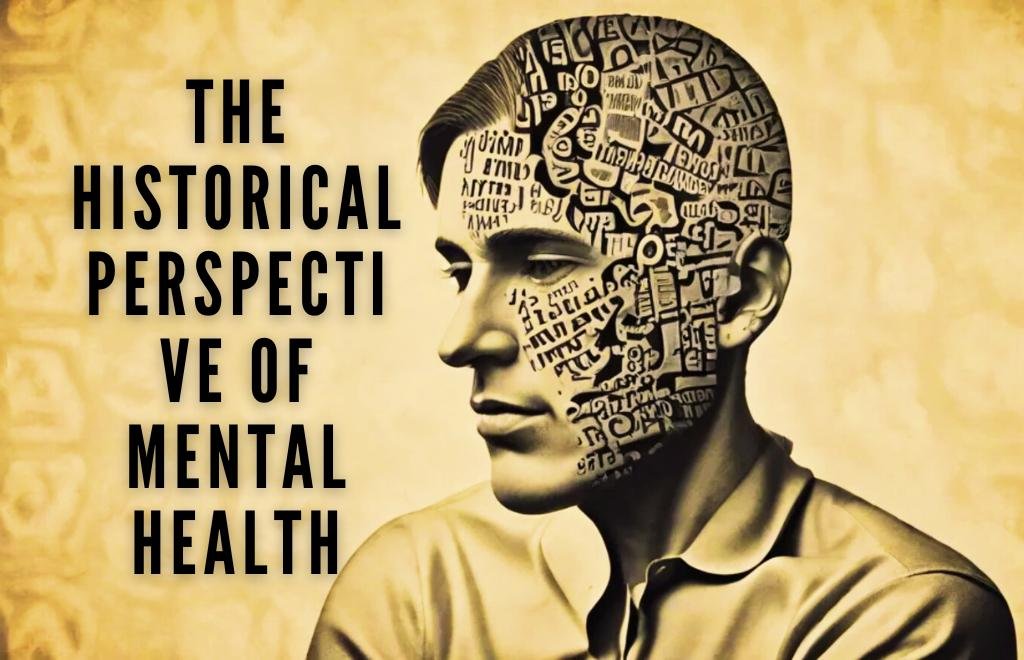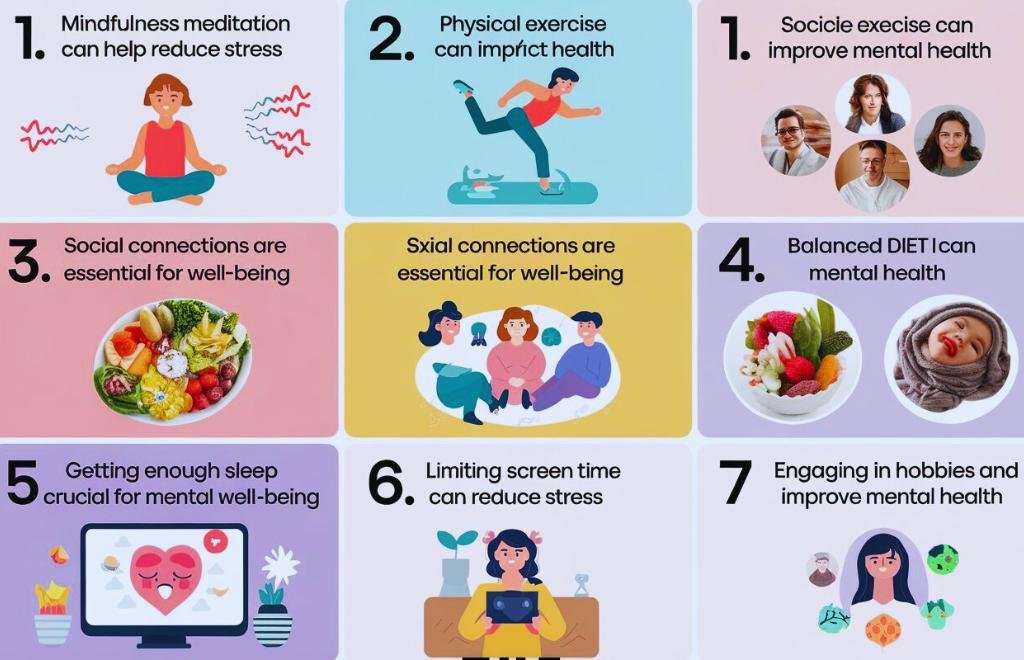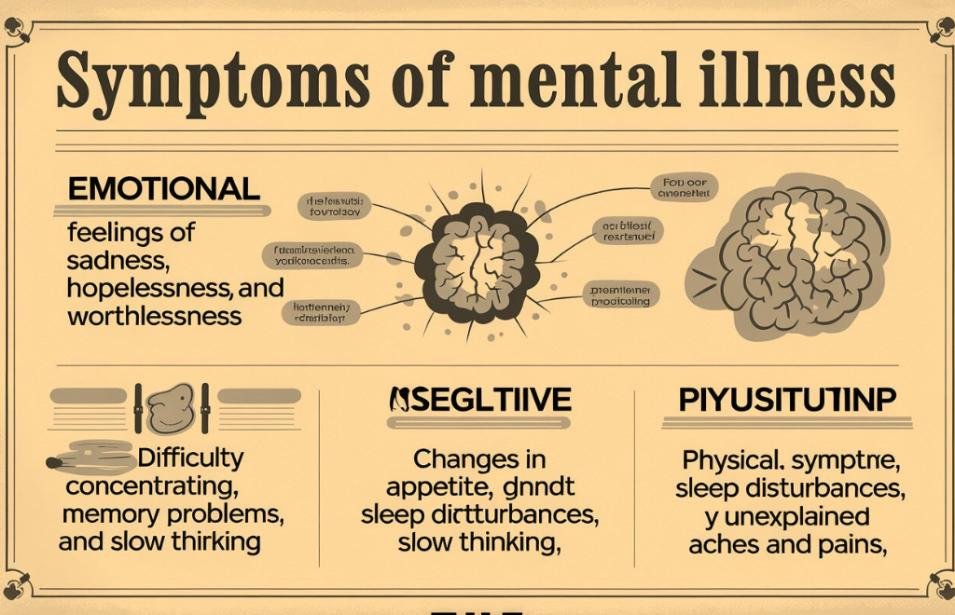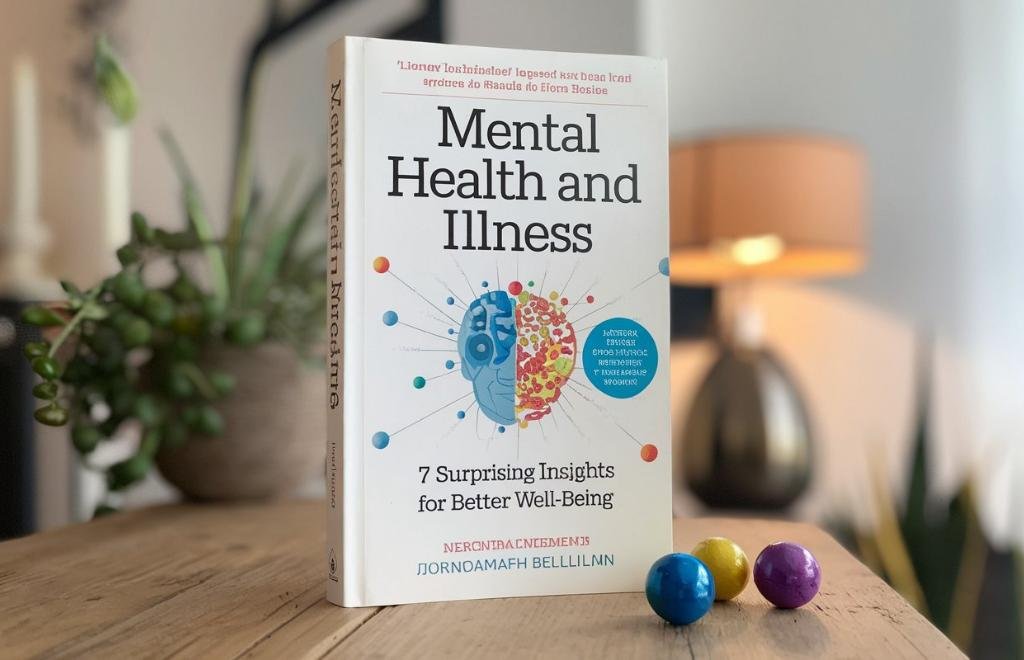1. Introduction to Mental Health and Illness
Mental health and illness are complex and dynamic concepts that encompass emotional, psychological, and social well-being. Mental health affects how people think, feel, and act, shaping how they handle stress, relate to others, and make life choices. When mental health deteriorates, mental illness arises, causing significant changes in an individual’s behavior, mood, or thinking.

Mental health is just as vital as physical health, yet it often doesn’t receive the same attention. Understanding mental health is crucial in promoting well-being and identifying when interventions are needed to prevent the onset of mental illness. From anxiety disorders to schizophrenia, the spectrum of mental illness is vast, affecting millions of people worldwide.
2. The Historical Perspective of Mental Health

Mental health has long been a subject of interest and speculation throughout history. In ancient civilizations, mental illness was often misunderstood and attributed to supernatural forces. Ancient Egyptians, for instance, believed that mental disorders were caused by the gods, while Greeks such as Hippocrates attributed mental illness to physical imbalances in the body.
The evolution of mental health understanding accelerated in the 19th and 20th centuries, as modern psychology and psychiatry began to emerge. Pioneers like Sigmund Freud and Carl Jung explored the complexities of the human mind, laying the groundwork for contemporary approaches to mental health and therapy.
3. Types of Mental Illnesses

Mental illness encompasses a wide range of disorders, each with distinct symptoms and impacts on an individual’s life.
3.1 Anxiety Disorders
Anxiety disorders are among the most common mental health issues. People with anxiety disorders experience intense, prolonged worry or fear that disrupts daily functioning.
3.2 Mood Disorders
Mood disorders, including depression and bipolar disorder, affect a person’s emotional state. These disorders can lead to persistent sadness, extreme mood swings, or even manic episodes.
3.3 Schizophrenia and Psychotic Disorders
Schizophrenia is a severe mental illness characterized by distorted thinking, hallucinations, and a loss of touch with reality. This group of disorders is marked by challenges in perception and cognition.
4. Symptoms of Mental Illness

Mental illness manifests through a variety of emotional, cognitive, and physical symptoms, each unique to the individual and the disorder they are experiencing.
4.1 Emotional Symptoms
Individuals with mental illness often experience intense emotions, such as hopelessness, irritability, or uncontrollable fear.
4.2 Cognitive Symptoms

Cognitive impairments are common in mental illness, leading to difficulties in concentration, memory, and decision-making.
4.3 Physical Symptoms
Mental illness can also have physical manifestations, including fatigue, changes in sleep patterns, and unexplained physical pain.
5. Common Causes of Mental Illness

The causes of mental illness are multifaceted, with both genetic and environmental factors playing significant roles.
5.1 Genetic Factors
Research has shown that genetics play a vital role in the development of many mental illnesses, including schizophrenia and bipolar disorder.
5.2 Environmental Factors
Stressful life events, childhood trauma, and socio-economic challenges can significantly contribute to the development of mental illness.
5.3 Chemical Imbalances
Chemical imbalances in the brain, particularly involving neurotransmitters like serotonin and dopamine, have been linked to conditions such as depression and anxiety.
Conclusion
Mental illness can significantly affect a person’s daily life, including their ability to work, maintain relationships, and engage in regular activities.
Frequently Asked Questions (FAQs)
What are the signs of mental illness?
Signs can vary but may include extreme mood swings, withdrawal from social interactions, and difficulties in concentration.
Can mental illness be cured?
While some mental illnesses can be managed effectively with treatment, many require ongoing management rather than a cure.
What are the best treatments for mental illness?
Treatment depends on the individual but often includes therapy, medication, and lifestyle changes.
How can I support someone with mental illness?
Listening, offering support without judgment, and encouraging them to seek professional help can make a significant difference.
Is there a stigma around mental illness?
Yes, stigma still exists, but awareness campaigns and education are helping to reduce misconceptions and discrimination.
How can I improve my mental health?
Practicing self-care, staying connected with loved ones, and seeking professional help when necessary are all vital steps to improving mental health.
#MentalHealth #WellBeing #MentalIllness #MentalHealthAwareness

